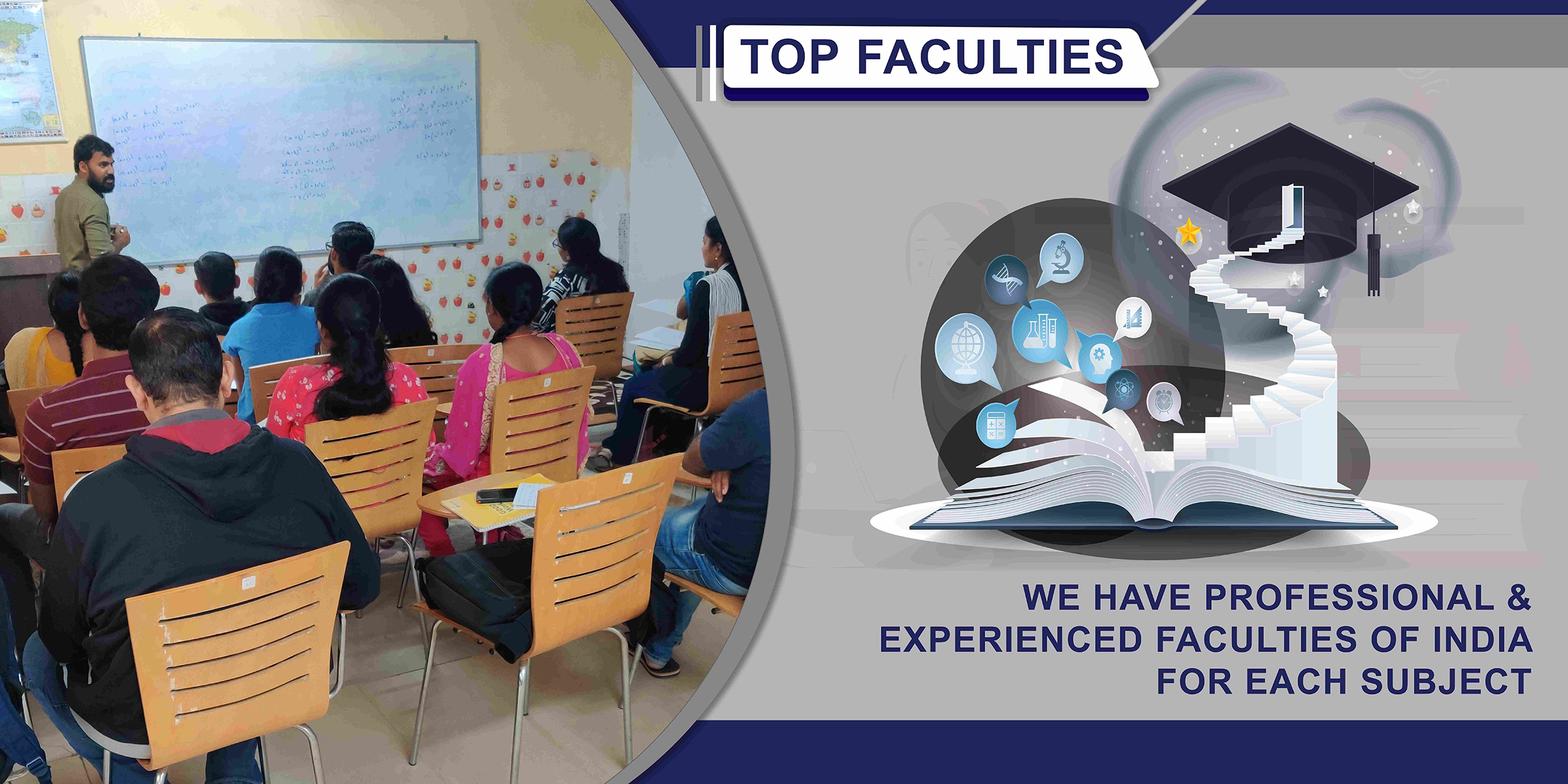- First Schedule: It deals with the territories of the 28 States and 7 Union Territories of the Indian Union.
- Second Schedule: It prescribes the salaries, allowances etc. of the President, Vice President, Speaker of the Lok Sabha, Comptroller and Auditor General, Judges of the Supreme Court and High Court.
- Third Schedule: Forms of oath of affirmation to be taken by the Union Ministers, candidates for election to the Parliament, Judges of the Supreme Court and High Court, Comptroller and Auditor General, Members of Parliament and State Legislature.
- Fourth Schedule: : Allotment of seats in the Rajya Sabha to States and Union Territories.
- Fifth Schedule: It deals with the administration and control of Scheduled Areas as well as of Scheduled Tribes in states other than Assam, Meghalaya, Tripura and
Mizoram. - Sixth Schedule: It deals with the provisions regarding administration of Tribal Areas in the states of Assam, Meghalaya, Mizoram, Tripura and Arunachal Pradesh.
- Seventh Schedule: This Schedule gives the details of the division of subjects into the three lists: List I (the Union list–100 subjects), List II (the States List–61subjects) and List III (the concurrent list–52subjects).
- Eighth Schedule: It gives the list of 22 languages recognised by the Constitution. Sindhi was added by the 21st Amendment Act 1967; Konkani, Manipuri and Nepali were added by the 71st Amendment Act 1992; Bodo, Dogri, Maithili and Santhali were added by the 92nd Amendment Act 2003.
- Ninth Schedule: It contains certain Acts and regulations of State Legislature dealing with land reforms and abolition of the Zamindari system. These Acts and
regulations are protected from judicial serenity. At the end of 1995 this Schedule contained 285 such Acts [Article-3IB]. - Tenth Schedule: It was added to the Constitution in 1985 by the 52nd Amendment Act and contains provisions regarding disqualification on grounds of defection.
- Eleventh Schedule: It enumerates the powers and functions of Panchayati Raj Institutions and was inserted by the 73rd Amendment Act, 1993. It has 29 matters.
- Twelfth Schedule: This Schedule lists 18 matters which are the responsibility of the municipalities. It was added by the 74th Amendment Act.





